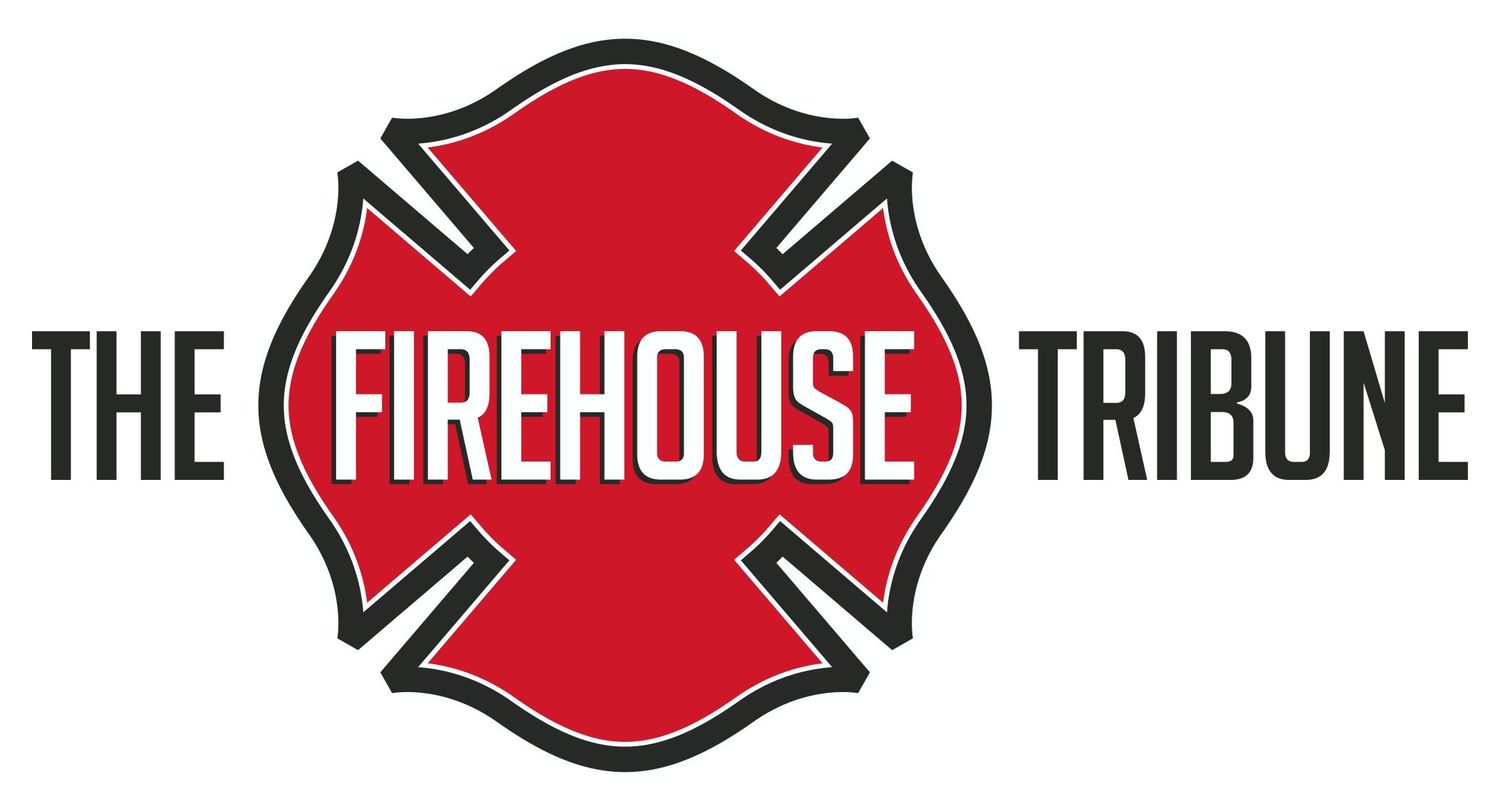NFPA 1582 Starts on Your Plate: What the 2026 Dietary Guidelines Mean for Firefighters
In early 2026, the U.S. Department of Agriculture (USDA) and Department of Health and Human Services (HHS) released the 2025–2030 Dietary Guidelines for Americans. These guidelines drive everything from healthcare counseling to institutional meal planning nationwide.
But firefighters are not the general population.
NFPA 1582 exists to reduce the risk of sudden incapacitation and line-of-duty death by identifying cardiovascular, metabolic, and medical conditions before they become catastrophic. While NFPA 1582 does not prescribe a specific diet, nearly every condition it screens for is directly influenced by nutrition behaviors.
The updated federal nutrition model contains several shifts that and when interpreted correctly can either help firefighters remain medically qualified or quietly push them toward disqualification.
What NFPA 1582 Is Really Screening For
NFPA 1582 medical evaluations focus heavily on markers associated with sudden cardiac events, including:
• Blood pressure
• Fasting blood glucose and diabetes status
• Lipid panels (triglycerides, HDL, LDL)
• Body composition and obesity
• Aerobic capacity and work tolerance
Cardiovascular disease remains the leading cause of firefighter line-of-duty deaths. NFPA 1582 is not about perfection but it is about risk accumulation. Nutrition is one of the few daily variables firefighters can control that directly influences these markers.
2026 Update #1: Protein Is No Longer Optional
One of the most important shifts in the 2026 Dietary Guidelines is the clear emphasis on higher, consistent protein intake across meals.
The guidelines now support protein intakes well above historical minimums, recognizing its role in:
• Preserving lean muscle mass
• Improving satiety and appetite control
• Supporting blood sugar regulation
NFPA 1582 Connection
Loss of lean mass combined with increased body fat reduces aerobic capacity and work tolerance where both of which factor into NFPA 1582 clearance. Inadequate protein intake contributes to:
• Central obesity
• Elevated fasting glucose
• Poor lipid profiles
For firefighters, anchoring meals with protein is not a fitness trend rather it is a medical risk-management strategy.
2026 Update #2: Fat Quality Matters More Than Fat Avoidance
The new guidelines move away from aggressive low-fat messaging and instead emphasize fat quality therefore allowing fats from whole foods such as meat, dairy, nuts, seeds, olive oil, and fatty fish, while still recommending moderation of saturated fat.
NFPA 1582 Connection
Dietary fat intake influences:
• Triglyceride levels
• HDL cholesterol
• Systemic inflammation
Extremely low-fat, high-carbohydrate diets especially under chronic stress and sleep deprivation are associated with elevated triglycerides and poor metabolic control. These are common reasons firefighters fail or are flagged during NFPA 1582 evaluations.
Quality fats support cardiovascular stability; fat avoidance does not.
2026 Update #3: Carbohydrates Require Context, Not Volume
The federal model continues to emphasize fruits, vegetables, and whole grains but places stronger warnings against refined carbohydrates and ultra-processed foods.
NFPA 1582 Connection
Firefighters experience:
• Chronic sleep disruption
• Elevated cortisol and adrenaline
• Long sedentary periods followed by sudden maximal exertion
In this environment, frequent or excessive carbohydrate intake — especially during downtime — increases insulin resistance and triglycerides. Over time, this drives:
• Elevated fasting glucose
• Metabolic syndrome
• Increased cardiovascular risk
Carbohydrates should be strategically timed to workload, not consumed automatically because they are “recommended.”
2026 Update #4: Added Sugar Is a Direct Risk Factor
The new guidelines take a firm stance that added sugar has no role in a healthy dietary pattern, urging strict limitation and avoidance of sugar-sweetened beverages and highly processed snacks.
NFPA 1582 Connection
Added sugars directly worsen:
• Blood glucose control
• Triglycerides
• HDL cholesterol
• Body fat accumulation
Energy drinks, sweetened coffee beverages, and firehouse snacks are common contributors to metabolic dysfunction not because firefighters lack discipline, but because the environment rewards convenience under fatigue.
From an NFPA 1582 standpoint, added sugar is not a lifestyle issue, it is a measurable medical liability.
2026 Update #5: Sodium, Hydration, and Blood Pressure Reality
While sodium limits remain in the guidelines for the general population, they now acknowledge that activity level, heat exposure, and sweat loss matter.
NFPA 1582 Connection
Blood pressure readings are a common reason for medical restriction. Firefighters lose significant sodium during prolonged incidents and heat exposure. Inadequate hydration and electrolyte replacement can increase cardiovascular strain and elevate resting heart rate and blood pressure.
For firefighters, electrolyte balance matters more than sodium avoidance alone.
What This Means for Firefighters
The 2026 Dietary Guidelines are not wrong. They are incomplete for tactical populations.
When translated correctly, they support NFPA 1582 readiness by encouraging:
• Protein-anchored meals
• Quality fats instead of fat avoidance
• Strategic carbohydrate use
• Minimal added sugar
• Hydration matched to workload
NFPA 1582 does not fail firefighters overnight. It fails them slowly, through years of metabolic drift driven by daily choices.
Nutrition is one of the earliest intervention points available.
Until next time. Work hard, stay safe & live inspired.
Disclaimer: This episode and the information provided are for informational and educational purposes only and are not intended as medical advice. Before beginning any new nutrition or dietary plan, please consult with your primary care provider or a qualified healthcare professional.
• USDA/HHS. Dietary Guidelines for Americans, 2025–2030. Nutrition Priorities & Key Recommendations.
• Ministry of Health & CACFP. 2025–2030 Dietary Guidelines Released — Protein & Fats Emphasis.
• Harvard T.H. Chan School of Public Health. Added Sugars, Processed Foods, and Dietary Patterns.
• NFPA 1582 Risk Standards Summary — Obesity, Lipids, Blood Pressure, Fasting Glucose.






